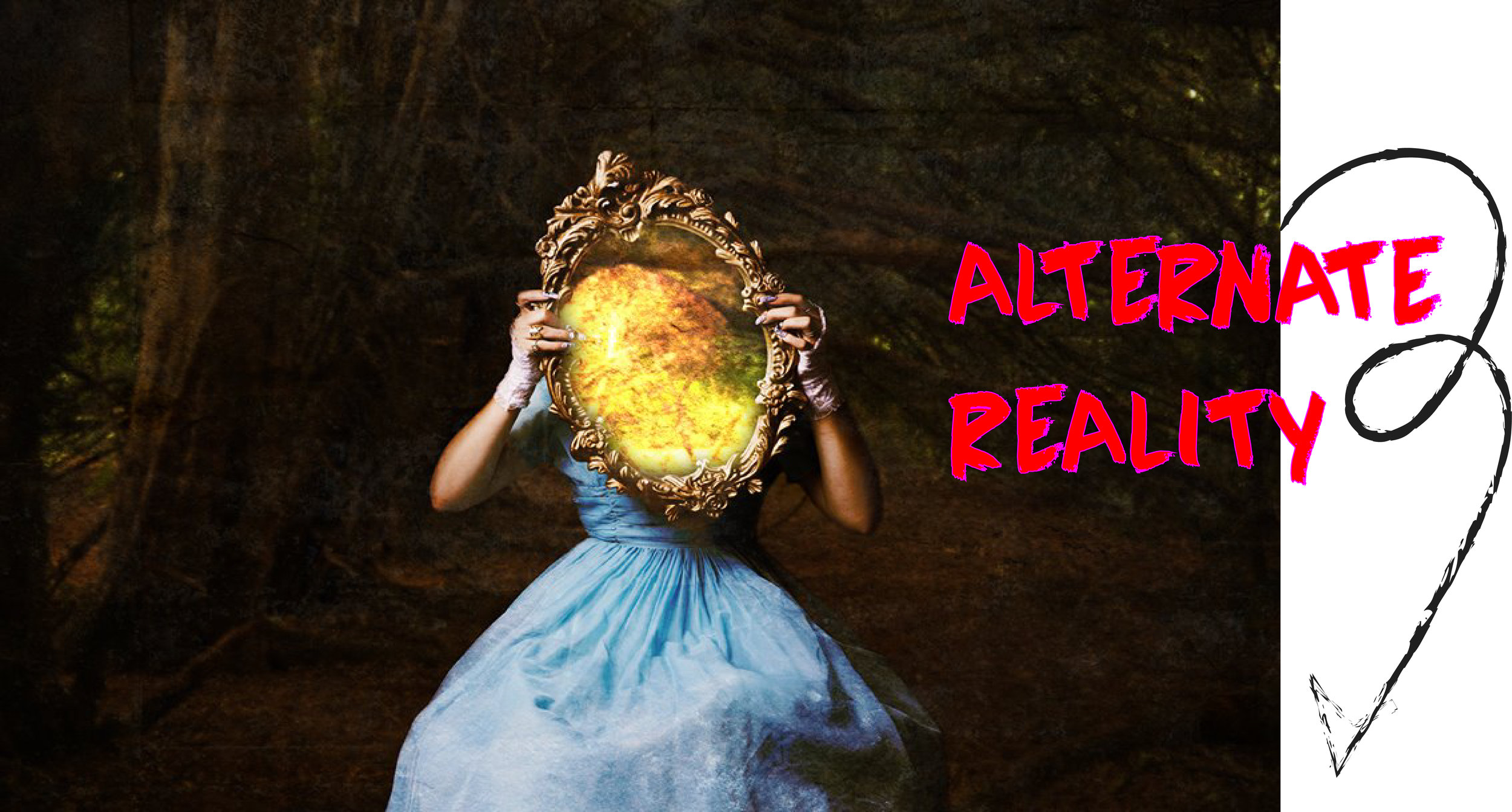PhotoCredit: craigatkins.co
The book Alice in Wonderland sits permanently on my desk: it serves as a reminder to be curious and that things are often not as they seem. In Through the Looking Glass, Alice climbs through a mirror into a world that works in reverse. Logic is reversed. In one of my favorite exchanges the Red Queen explains to Alice how they must run fast in order to stay in the same place. Does that sound like most of your days...which side of the looking glass are we really on?
Thinking in reverse is a powerful mechanism. Our brain loves shortcuts, we frequently hear what we want to hear and see what we want to see. It aids in the delusion our ego maintains for us. “I’m sure no one really notices that I come in late every day”. “My clothes are shrinking in the wash”. “He really loves me he’s just bad at remembering the things that are important to me”. Who doesn’t love a little delusion?
In a number of my roles I work in an advisory capacity. My job is to point out the delusion, to point to the dark clouds in the distance when everyone else is packing up the car to go to the beach; to interrogate a strategic plan to ensure it’s competitive, achievable and properly resourced; to smack the kool-aid out of your hands and throw some water in your face. Nah, not really, I’m so much nicer than that. That would be how Gordon Ramsay would do what I do.
When I do my best work I put a mirror up for people, not so much to see their reflection but to see another version of their reality. To see an alternate reality.
We are hard-wired to our version of reality. We typically only process confirmation or validation in seeking information to solve a problem. We love to proof our hypothesis right, we really don’t want to hear that it might take longer, be harder, have more competitors, cost more or is likely a fool's errand. Harsh my buzz much?
The reality is that the buzz harshing advice is often the shortcut. Getting great advice early is usually a winning strategy that will save you a long period of "learning the hard way". Whether it’s business advice, life advice, relationship advice, financial advice or whatever advice: we need to learn to see what our ego doesn’t want us to see. We need to stop drinking the kool aid and put the delusion cupcake down.
The best device to help with this is called disconfirming evidence. It’s an active practice of looking to prove your hypothesis wrong rather than looking to validate your theory. It’s not a heck more complicated than that - well, other than it requires some serious kick-ass listening skills. Your ego likes to think it has all the answers.
The real answers come from listening in a whole new way. Get curious about what you don’t know. Look for what challenges your world view. Try to find the stuff that makes you a little uncomfortable and - above all - ask questions.
Our reality is much more fiction than it is fact. When you seek advice or contemplate a next step, look for the information that runs counter to your plans. Look for the puzzle pieces which don’t fit.




